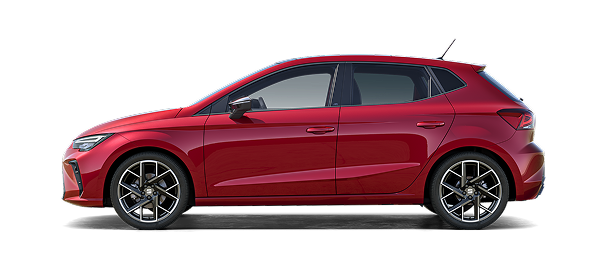COMPANY CAR RUNNING COSTS
If you’re looking for the most cost-effective company car, there are several factors you should look at - benefit-in-kind taxation is an obvious one but you should also look into the cost of fuel when making your decision. An e-HYBRID makes the perfect company car when taking all these factors into consideration.
If your decision is based solely on benefit-in-kind, an e-HYBRID could be the best fit for you, as they have much lower taxation rates.
Examples for illustrative purposes only
| Petrol (CO2 emissions 130-134 g/km) | e-Hybrid | |
|---|---|---|
| P11D | £25,000 | £33,000 |
| 0g/km emissions range (in miles) | 0 | 30-39 |
| BiK 2023/24 tax year | 31% | 12% |
| BiK 2024/25 tax year | 31% | 12% |
| BiK 2025/26 tax year | 32% | 13% |
| Benefit in Kind (2024/25 Tax Year) | £7,750 | £3,960 |
| Tax Payable at basic rate (20%) | £1,550 | £792 |
| Average Monthly | £129.17 | £66.00 |
As an e-hybrid driver you can also make savings on the fuel. The RAC foundation research https://www.racfoundation.org/research/mobility/new-car-mileage discovered that the newest cars do an average of 10,377 miles a year in the first 3 years after they are registered. Using that mileage we can see that an e-HYBRID requires considerably less fuel to cover the same mileage.
| Petrol (CO2 emissions 130-134 g/km) | e-Hybrid | |
|---|---|---|
| MPG (combined) | 50.4 | 256.8 |
| Annual mileage | 10,377 | 10,377 |
| Fuel price/litre (p)* | 144.01 | 144.01 |
| Total fuel cost per year | £1,347.76 | £264.51 |
It is important to make the most of the e-HYBRID technology and electric power by keeping your car charged. E-HYBRIDs have a higher kerb weight, therefore not recharging the battery and only using the petrol engine would be a false economy and would cause you to spend more on fuel than you need to.
Use our company car tax calculator to see if an e-HYBRID would make a perfect company car.
Calculate BIK and the amount of tax payable on SEAT business vehicles.














